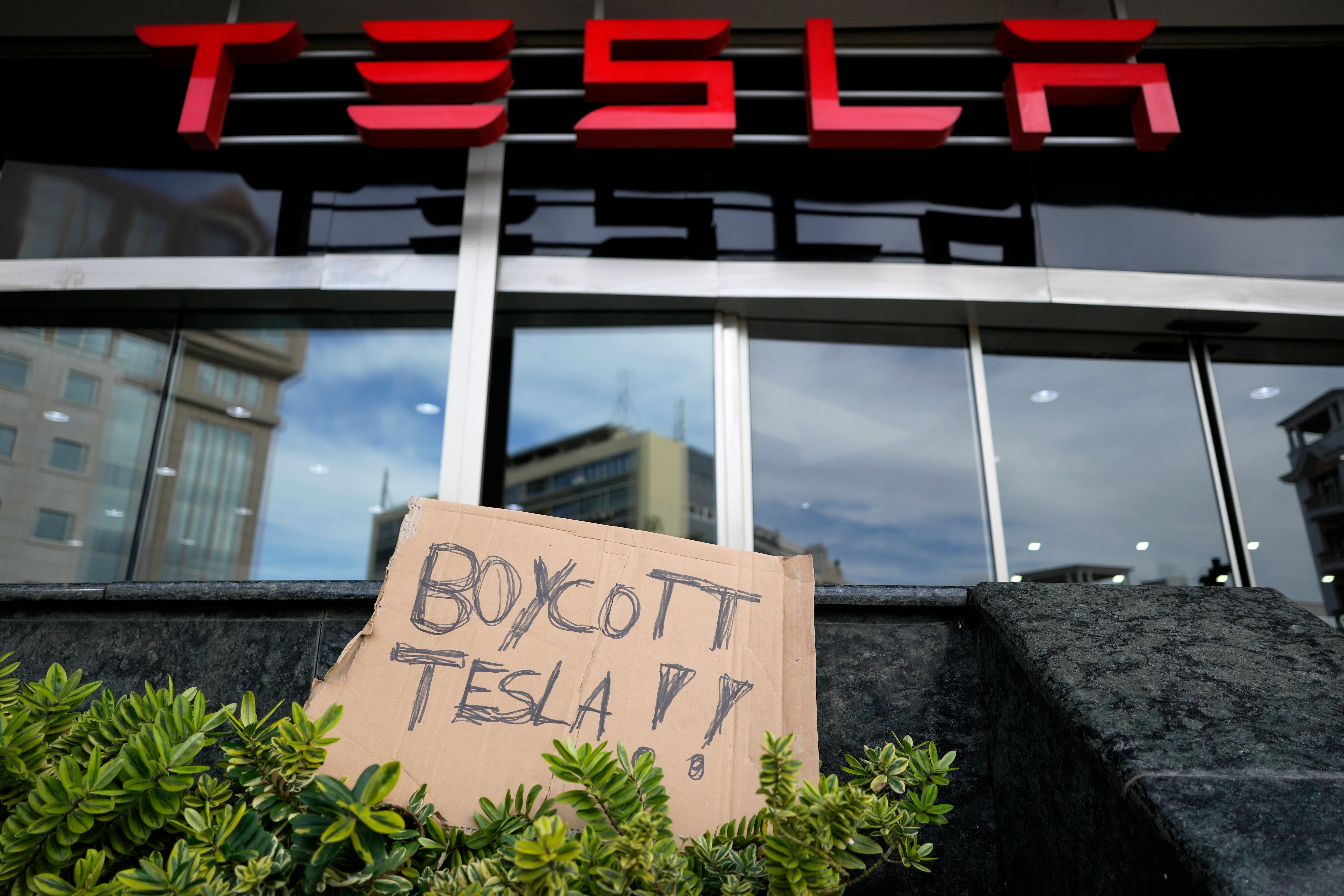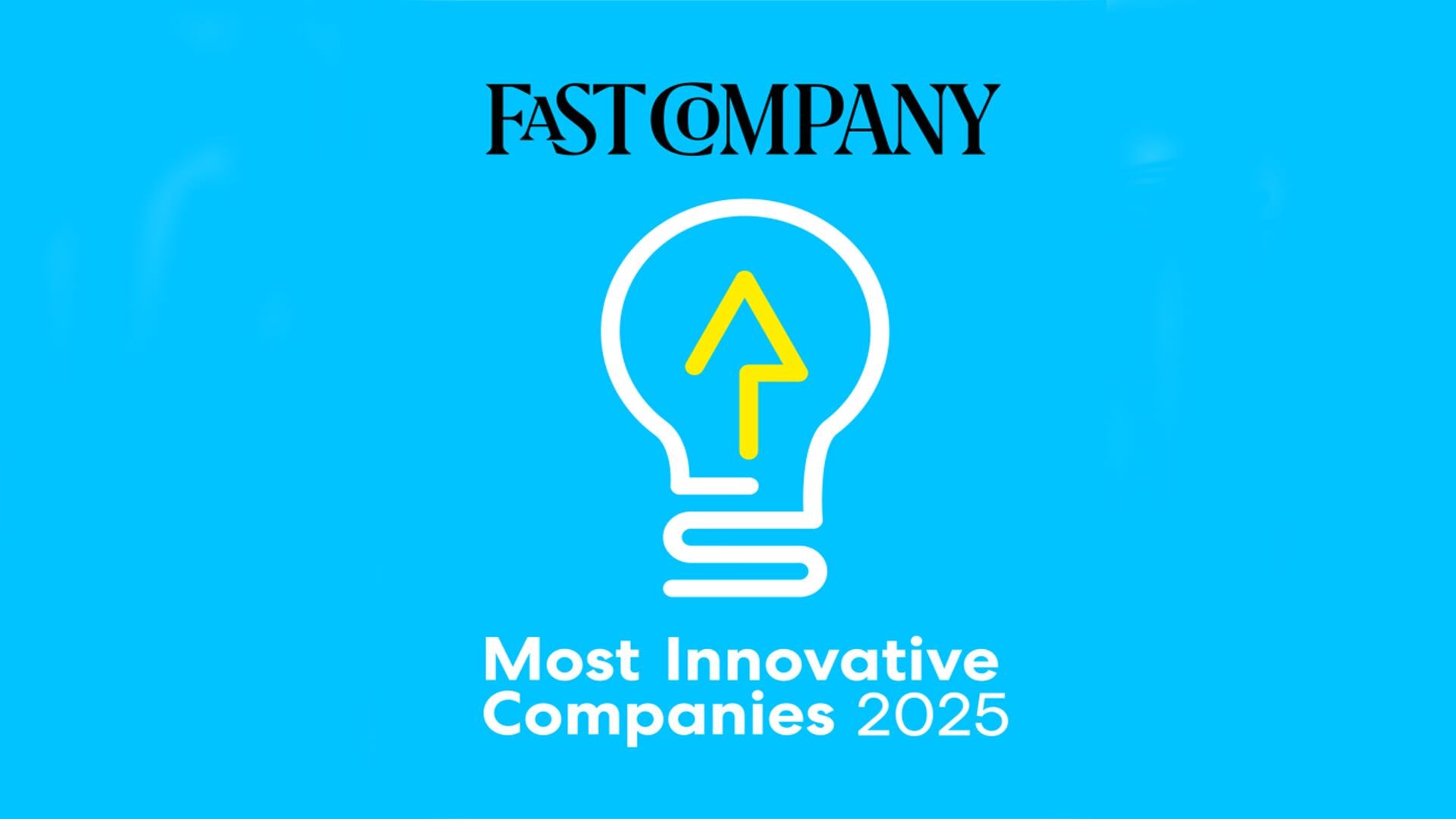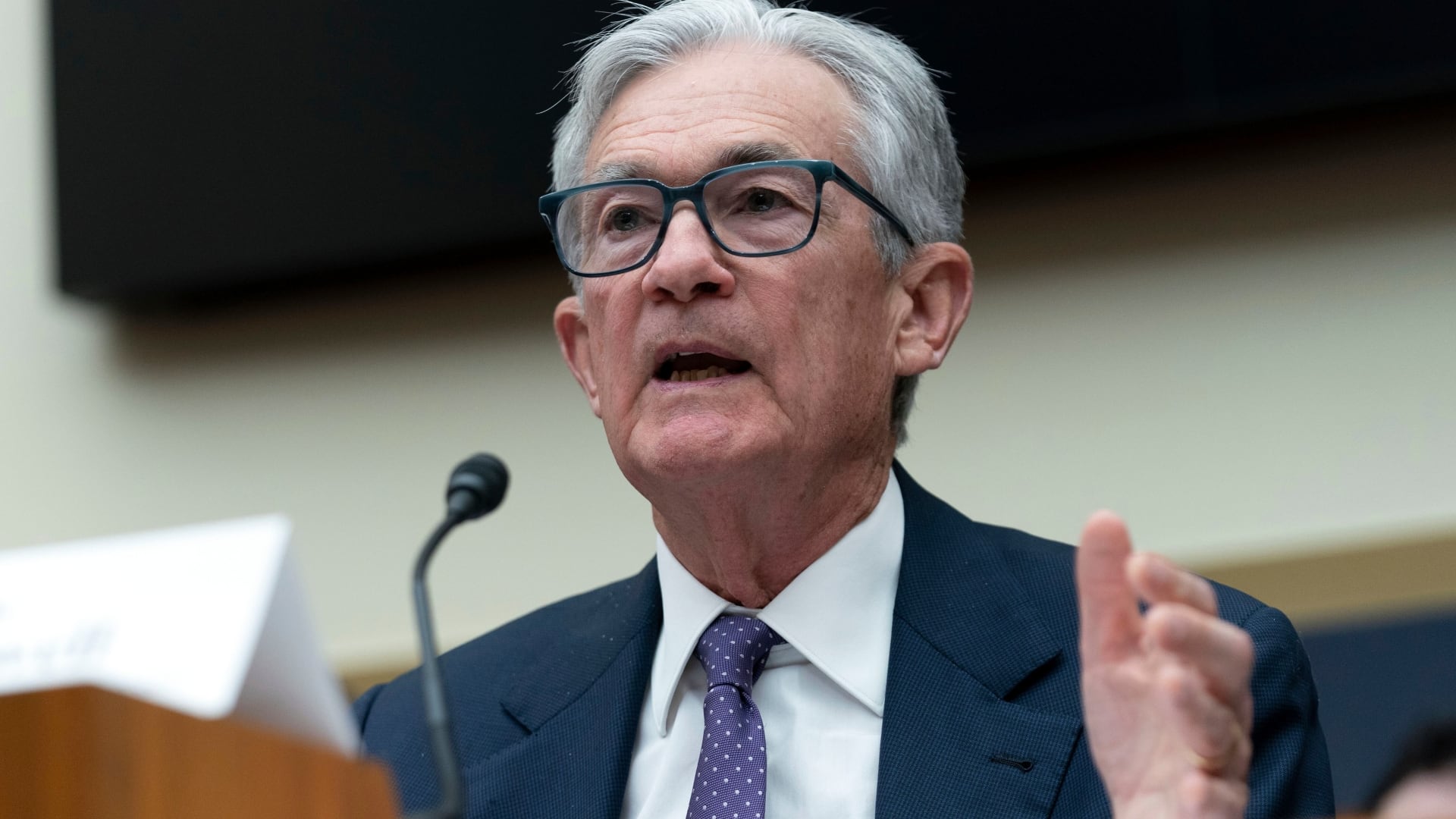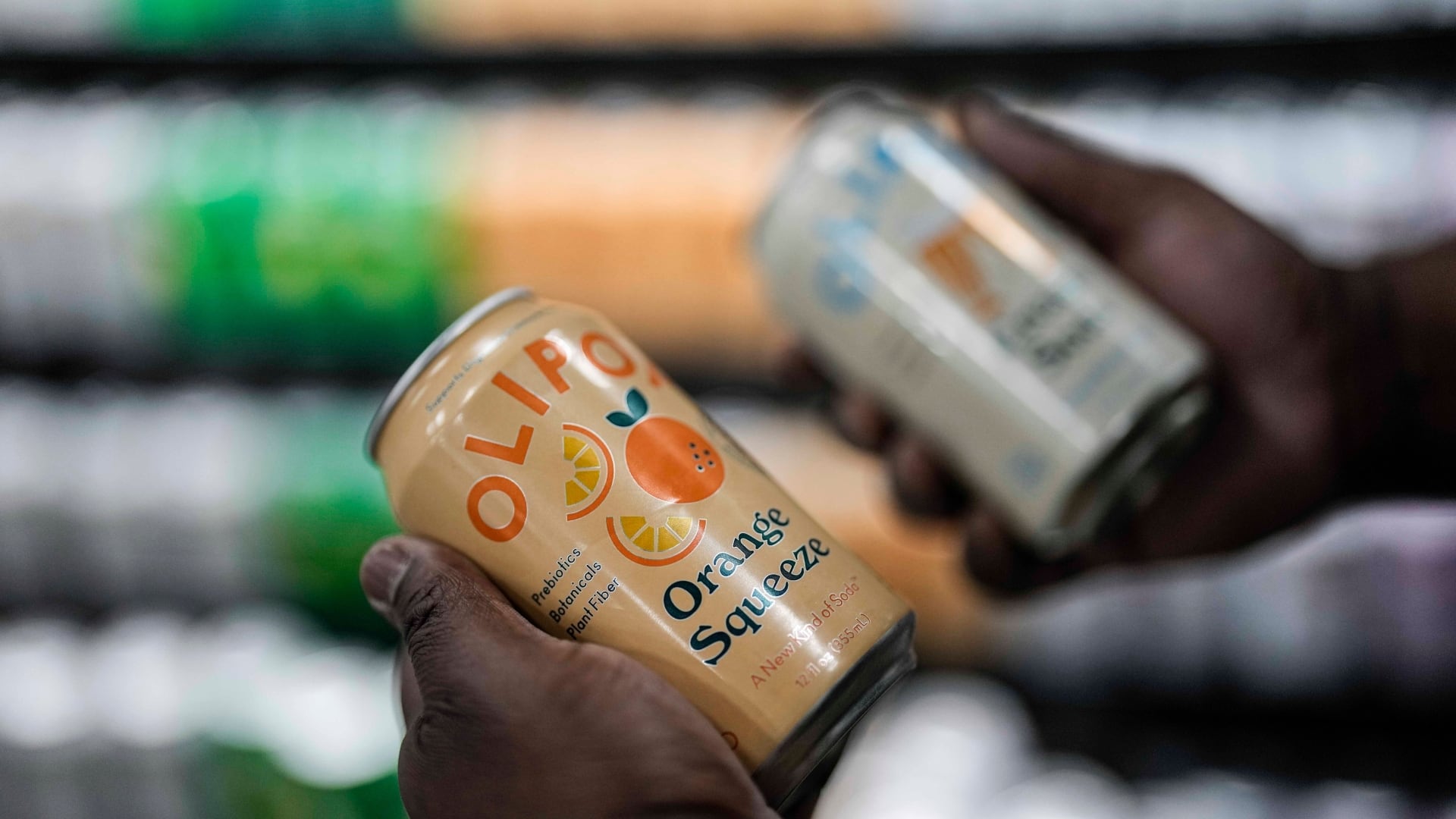Robinhood Crypto is set to launch for residents of New York State Thursday.
The New York launch comes five months after Robinhood, which was initially founded as a free consumer stock-trading app, received a virtual currency activities license (aka the BitLicense) and a money transmitter license from New York State.
“We’ve introduced millions of people to equity investing on Robinhood, and want to do the same for everyone interested in crypto, so launching in New York is a crucial next step,” Josh Elman, VP of product, told Cheddar by email Wednesday.
Robinhood has been adamant about its plans to “democratize access to the American financial system” — something of a chorus among fintech startups. Operating in New York is obviously an integral part of achieving mainstream and institutional adoption, with 20 million consumers and the largest financial hub in the world.
Historically, New York regulators have been more rigorous in their approach to cryptocurrency businesses than other states, an unpopular approach among many in the crypto industry. But industry leaders, including Robinhood, Square, Circle, and Coinbase and others, hope that by complying with New York’s requirements, they can bring crypto closer to the incumbent financial system. New York has granted BitLicences to 18 companies since introducing the license in 2015.
When Robinhood first introduced its zero-commission cryptocurrency trading service in January 2018 it became something of a gateway drug for users who would then move on to other Robinhood products like equities and options.
“We heard from lots of our customers that they want crypto to be a part of their investment strategy,” Elman said.
Robinhood Crypto customers can currently invest in Bitcoin, Bitcoin Cash, Bitcoin SV, Ethereum, Ethereum Classic, Litecoin, Dogecoin on Robinhood Crypto and track price movements and news for 10 other crypto assets.
The fintech startup is valued at $5.6 billion, after its last funding round which closed in March 2018. Robinhood has raised $539 million in capital to date and last fall revealed it’s preparing for an eventual IPO.
The company now boasts six million users in the U.S. and availability across 39 states, compared to four million users in 16 states this time last year.













